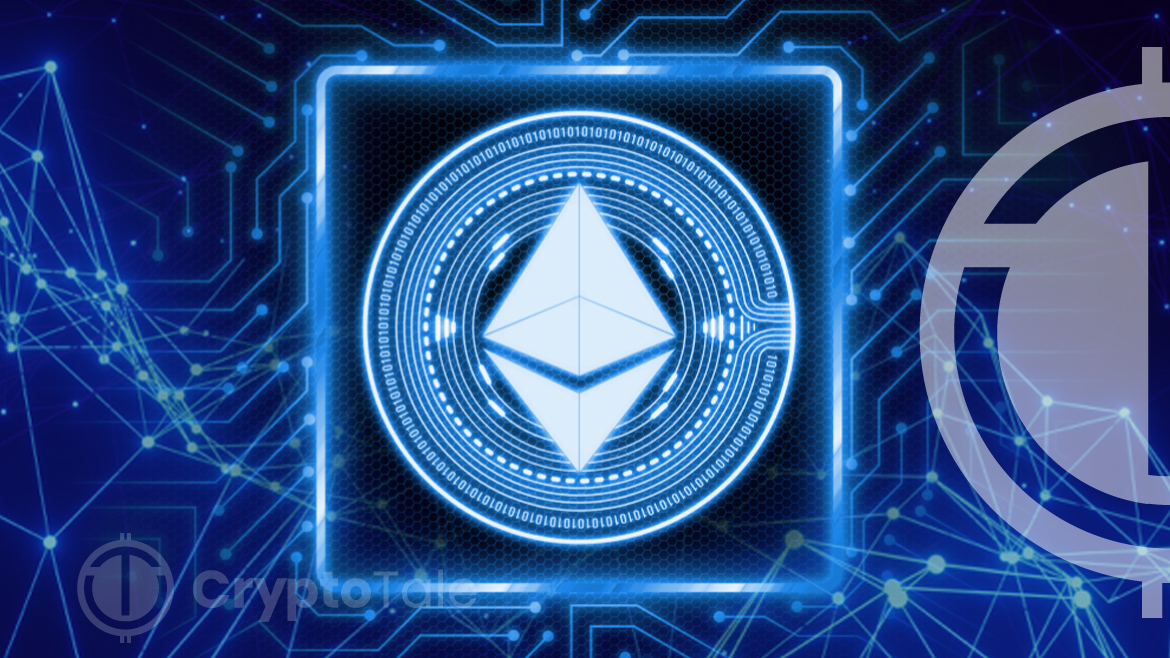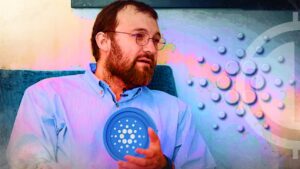
Ethereum’s development community recently convened on December 21 to discuss the forthcoming “Dencun” upgrade. The upgrade, initially scheduled for late 2023, has been postponed to 2024 due to the intricate engineering challenges involved. Tim Beiko, the protocol support lead at the Ethereum Foundation, emphasized that the proposed January 17, 2024, date for the first testnet deployment on Goerli is provisional and subject to change based on potential issues.
The Dencun upgrade, following the significant “Shapella” update earlier this year, introduces “Proto-Danksharding.” This feature is anticipated to enhance Ethereum’s data storage capacity, potentially reducing fees for Layer 2 rollups and scaling the blockchain. The upgrade is expected to increase space for data “blobs,” thereby improving the performance of rollups and the overall efficiency of the Ethereum network.
The developers also discussed a collaboration between Avail and StarkWare, focusing on data availability for appchains within the Starknet Layer 2 network. This partnership aims to develop app chains as Layer 3 solutions, enhancing transaction processing efficiency and finality, which is crucial for blockchain scalability.
Ethereum’s role in decentralized finance (DeFi) and blockchain technology was also a topic of discussion. The developers reiterated their commitment to maintaining Ethereum’s leading position in the industry, highlighting the need for ongoing innovation and adaptation.
During the meeting, Tim Beiko shared insights via a series of tweets. He mentioned the successful Goerli Shadow Fork, noting a 99% participation rate post-Dencun and the network’s stability even with increased bandwidth usage due to blobs.
The developers agreed on tentative dates for testnet deployments on Sepolia and Holesky, aiming for a smooth transition to the mainnet by the end of February 2024. The meeting also touched upon the reservation of precompile address space for Layer 2 (L2) specific precompiles, aiming to avoid conflicts between mainnet and L2 deployments. The developers agreed to reserve the upper half of the 1024 precompile addresses for L2 deployments.
Amidst this backdrop, the EthereumPoW network, formed in 2022 during Ethereum’s transition from proof-of-work to proof-of-stake, is moving towards complete autonomy by disbanding its core development team. Meanwhile, JPMorgan analysts predict that Ethereum will reclaim market share from Bitcoin in 2024, with the potential approval of a spot ETH ETF signaling significant investment inflows into the leading DeFi chain.














